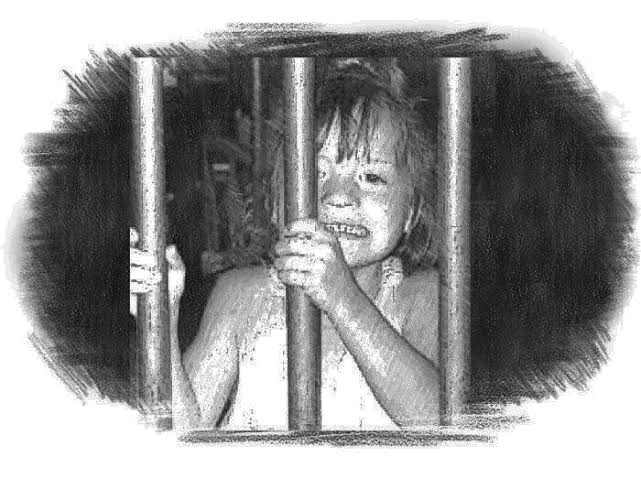The Youngest To Be Charged

What is the most fascinating historical fact you know off the top of your head?
Imagine being 4-years-old and sent to jail for witchcraft!
Dorothy Good was the youngest to be charged with practising witchcraft at the outset of the ‘Salem Witch Trials’ in 1692.
The belief in the supernatural, mainly about worshipping the demon for the strength to harm others, came to be an extensive thought in Europe in the 14th century.
The prosecutions started when the reverend's daughter and niece began experiencing ‘fits’. They cried out, threw items, whispered unusual sounds and sat in weird positions.
The local doctor blamed the supernatural!
In 1692, the Salem Witch Trials began. What really happened to those found guilty of witchcraft?
Actually these trials were a series of hearings of people accused of witchcraft in colonial Massachusetts between February 1692 and May 1693. Thirty were found guilty, nineteen of whom were executed by hanging.
Click on the "watch video" to see the complete documentary on this.
Under anxiety from justices, the girls blamed three women for plaguing them with magic: Tituba, a Caribbean slave; Sarah Good, a homeless beggar; and Sarah Osborne, an old woman.
All three women were put in prison.
Paranoia boosted and charges followed for the next few months.
The accusations comprised young Dorothy, the daughter of Sarah Good. She admitted to being a witch and alleged she had watched her mother intervening with the devil.
She spoke of owning a snake, given to her by her mama. This snake spoke to her and sucked blood from her finger.
The administrators took this seriously. The child was maintained in jail for 8 months and her mother was executed.
More than 200 people were charged with practising witchcraft and 20 were executed in Massachusetts during this duration.
The governor of the colony, upon hearing that his wife was charged with witchcraft, ordered an end to the prosecutions. Finally, the colony realized the trials were an error and compensated the families of those convicted…

 My First News Item
My First News Item My Nine News Item
My Nine News Item